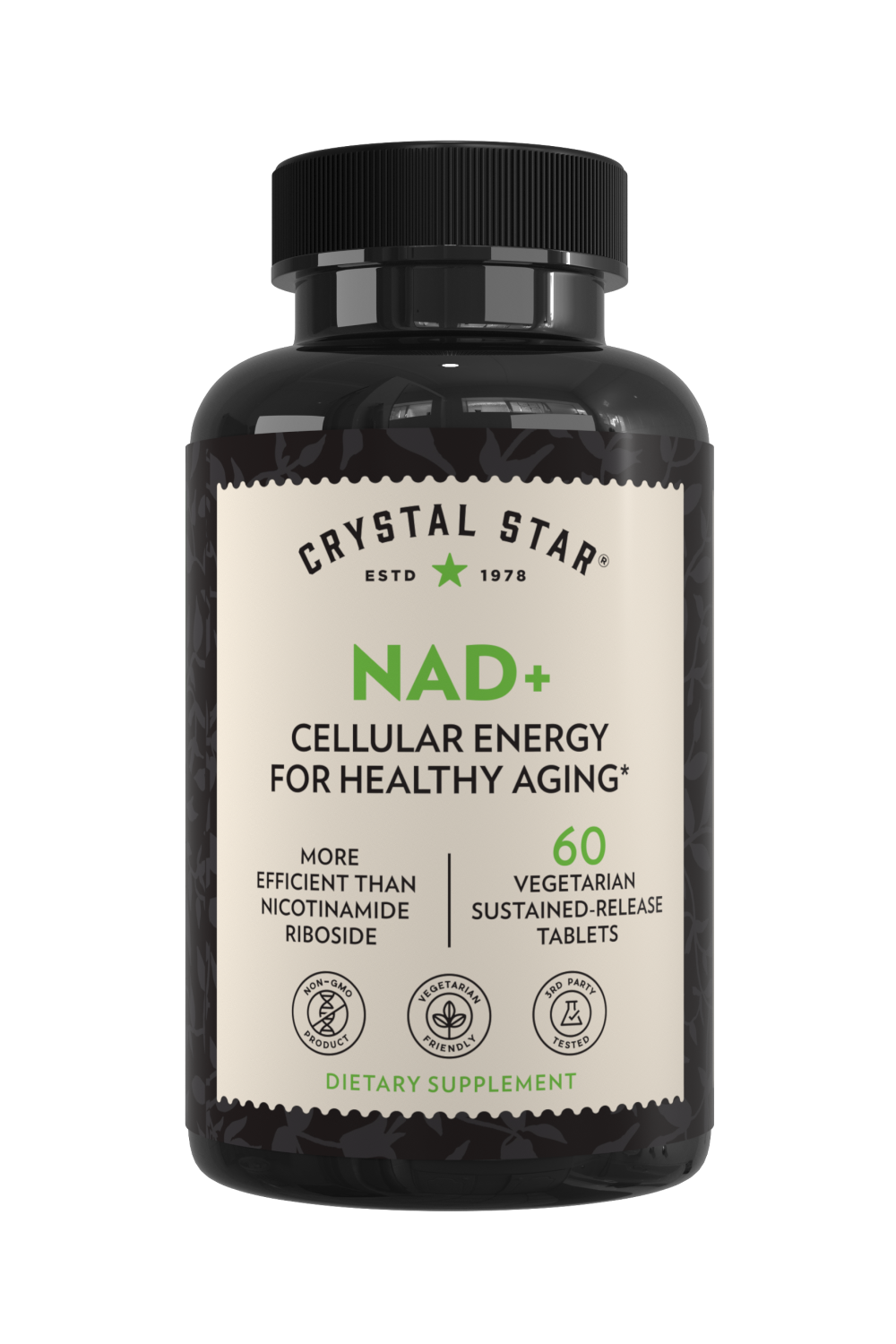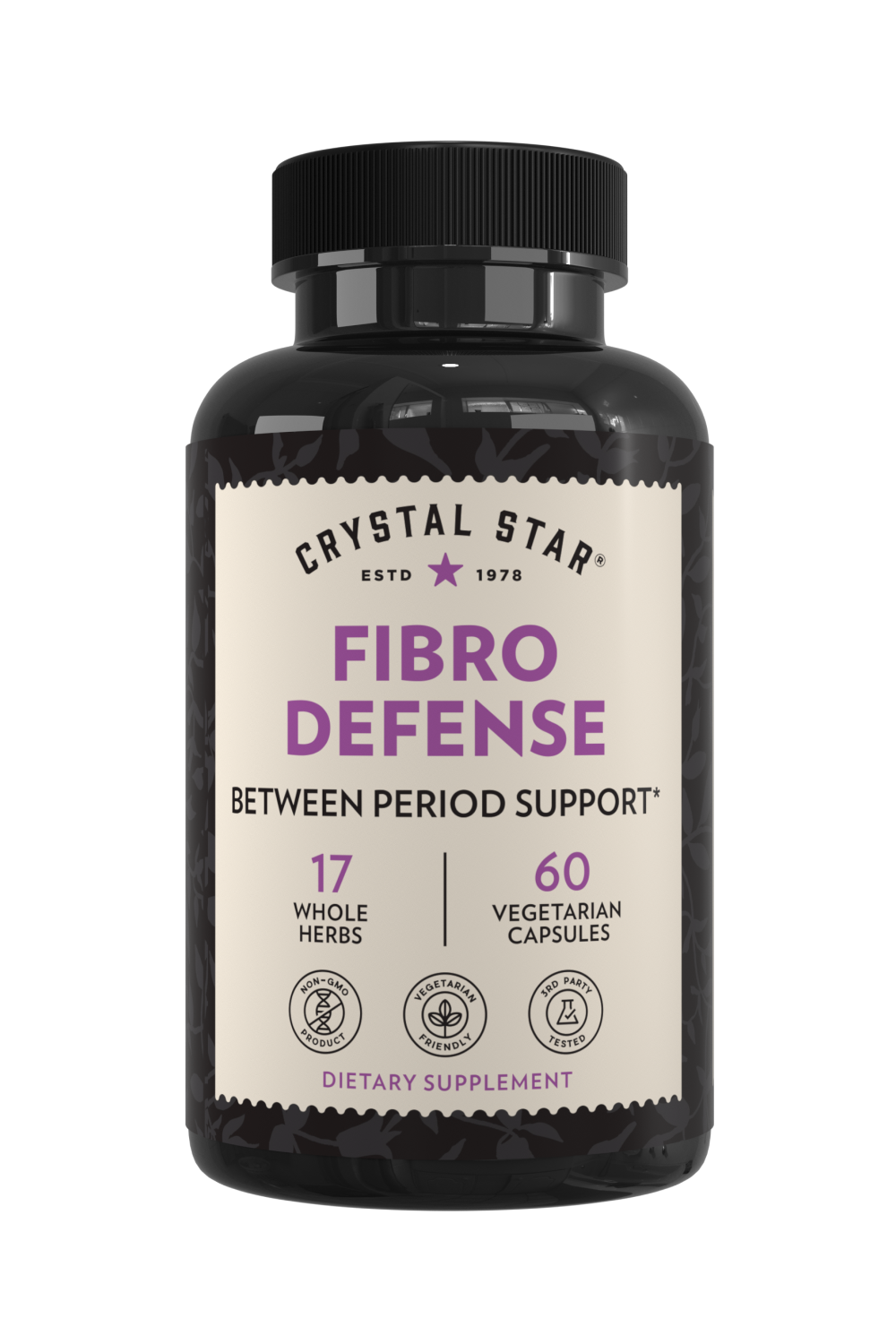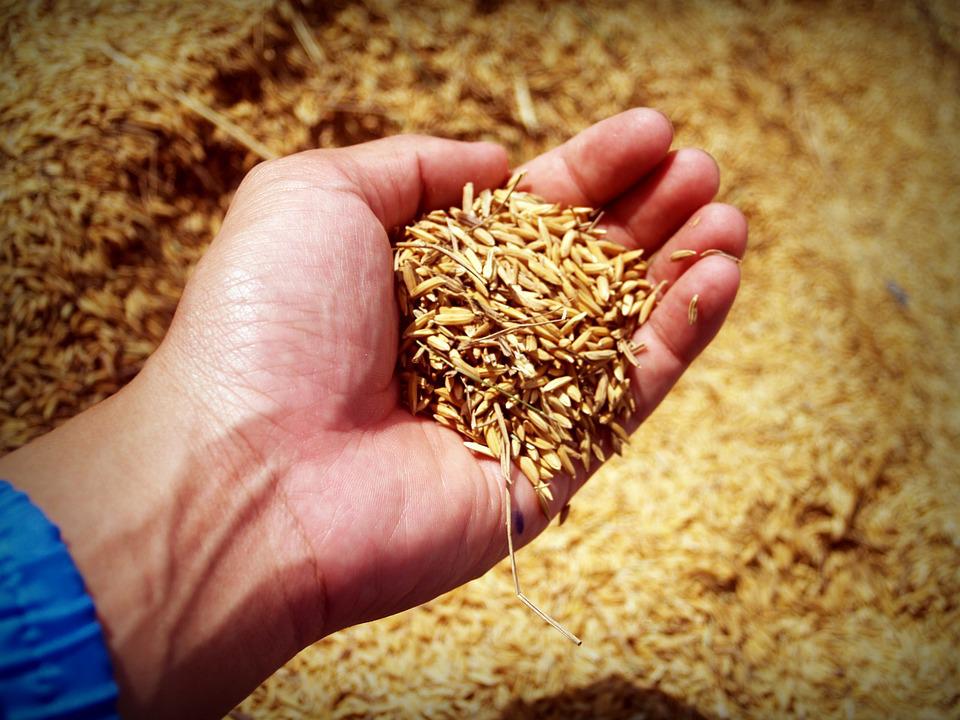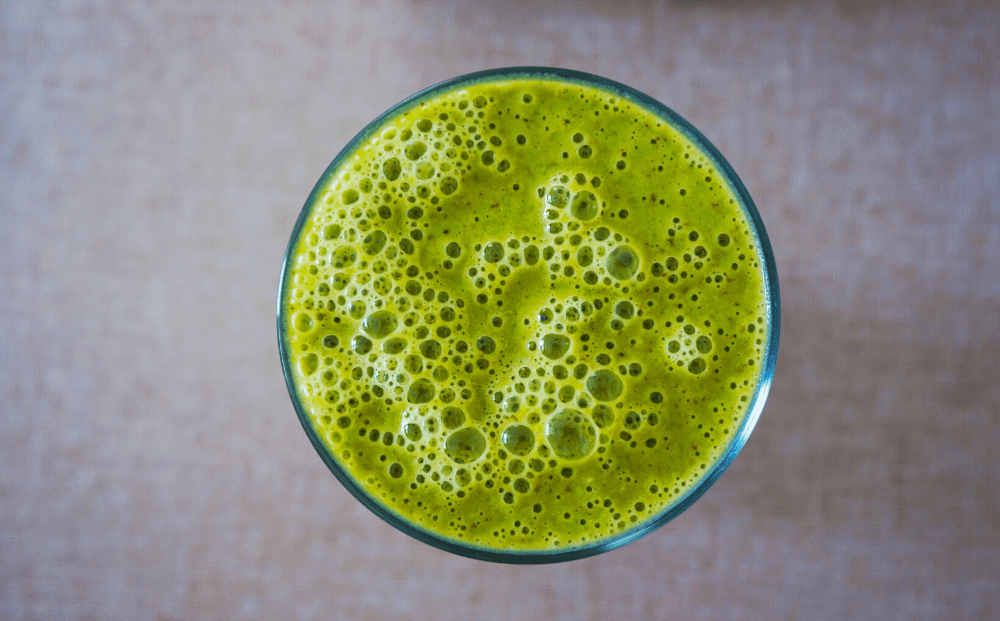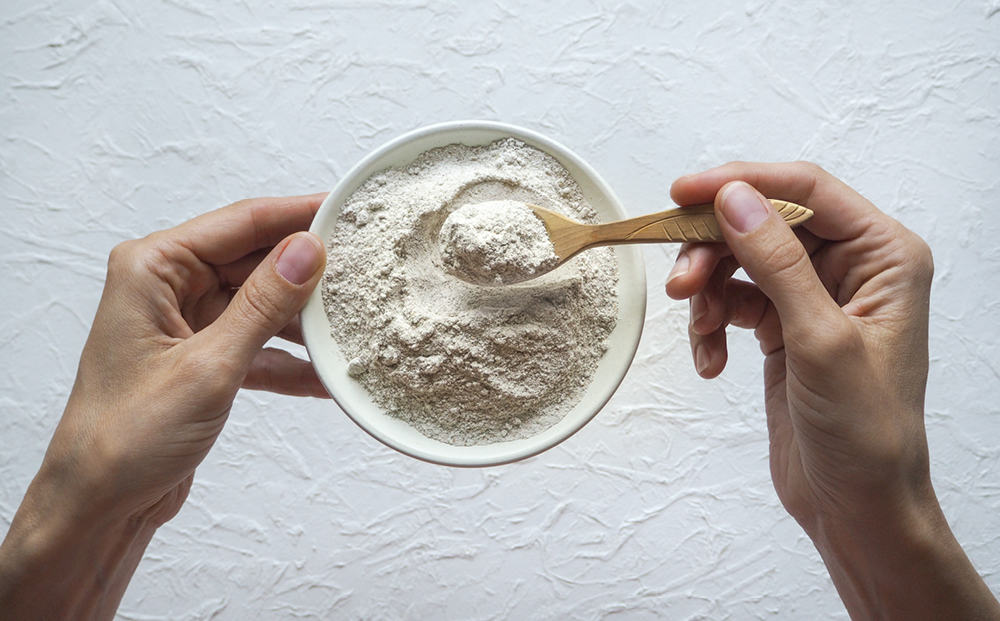
3 herbal remedies that help your body adapt to stress
If you’re feeling overwhelmed, anxious, stressed, or just downright fearful, you’re not alone. While lifestyle adjustments like exercise and meditation are great stress-management tools, they do require discipline—which can be hard to muster when you’re under pressure. The good news? Some herbs can help your body manage stress, no self-control required. Specific herbs, called adaptogens, have been used for centuries to calm the body under both physical and mentally stressful situations. In this post, we’ll explain what an adaptogen is and how they work. We’ll cover three herbs that have scientific evidence for their calming properties. And we’ll talk about ways herbs and other methods can be used safely to combat anxiety in even the most stressful times.
What are adaptogen herbs?
Adaptogens are a specific category of herbs that support the human body under stress. In 1968, scientists determined that there were three criteria for adaptogenic herbs:
- The herb must assist the entire body to resist physical, chemical, or biological stress
- The herb must promote homeostasis, or balance, within the human body
- The herb cannot cause the body to function abnormally[1]
Further, in Traditional Chinese Medicine with its 5000 year legacy, adaptogens are classified as tonics which are well tolerated and can be taken daily. When your body experiences stress (either physical or psychological), it can react in a series of ways. Stress can cause exhaustion, irritability, tension, memory issues, gastrointestinal issues, and several other health problems.[2] [3] Adaptogen herbs can contain anti-fatigue, anti-stress, and mood-lifting properties to combat stress reactions in your body.[4]
What are the best adaptogenic herbs for stress?
When it comes to adaptogens, you have several options. You also have multiple choices for non-herbal stress reduction, including exercise, meditation, and prescription medications. So if you’re feeling extra stressed, talk to your healthcare professional about the right management choice for you. A certified herbalist can also help you find the right combination of herbs to help manage your stress.
Ashwagandha may help balance stress hormones
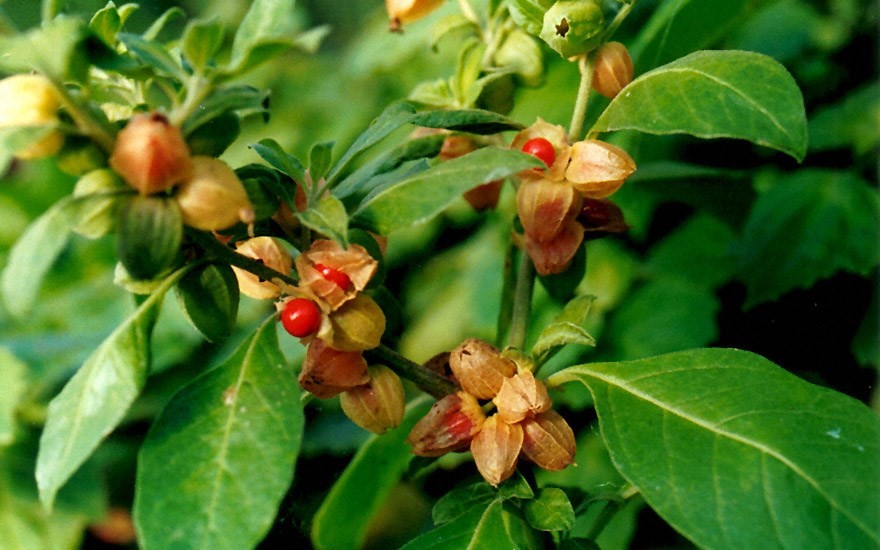
Ashwagandha (Withania somnifera) is an herb often found in Ayurvedic stress-relieving tonics. Traditionally, ashwagandha is associated with feelings of happiness and youthful energy.[5] In 2019, a study tested the anxiety-reducing effects of ashwagandha on adults experiencing high levels of stress. Sixty people participated in the study; half of them received a daily placebo pill and the other half received 240 mg of ashwagandha extract. At the end of two months, the ashwagandha subjects reported a significant reduction in anxiety compared to the placebo patients. The researchers also noticed a decrease in morning cortisol (a stress hormone) in the ashwagandha subjects.[6] Other studies have seen similar results with ashwagandha root dosages as high as 600 mg a day.[7] You can take ashwagandha as a tablet, capsule, tincture, or tea. The dosages can depend on the product and preparation. Consult a certified herbalist to find the right form for you.
Can Rhodiola fight stress-induced fatigue?
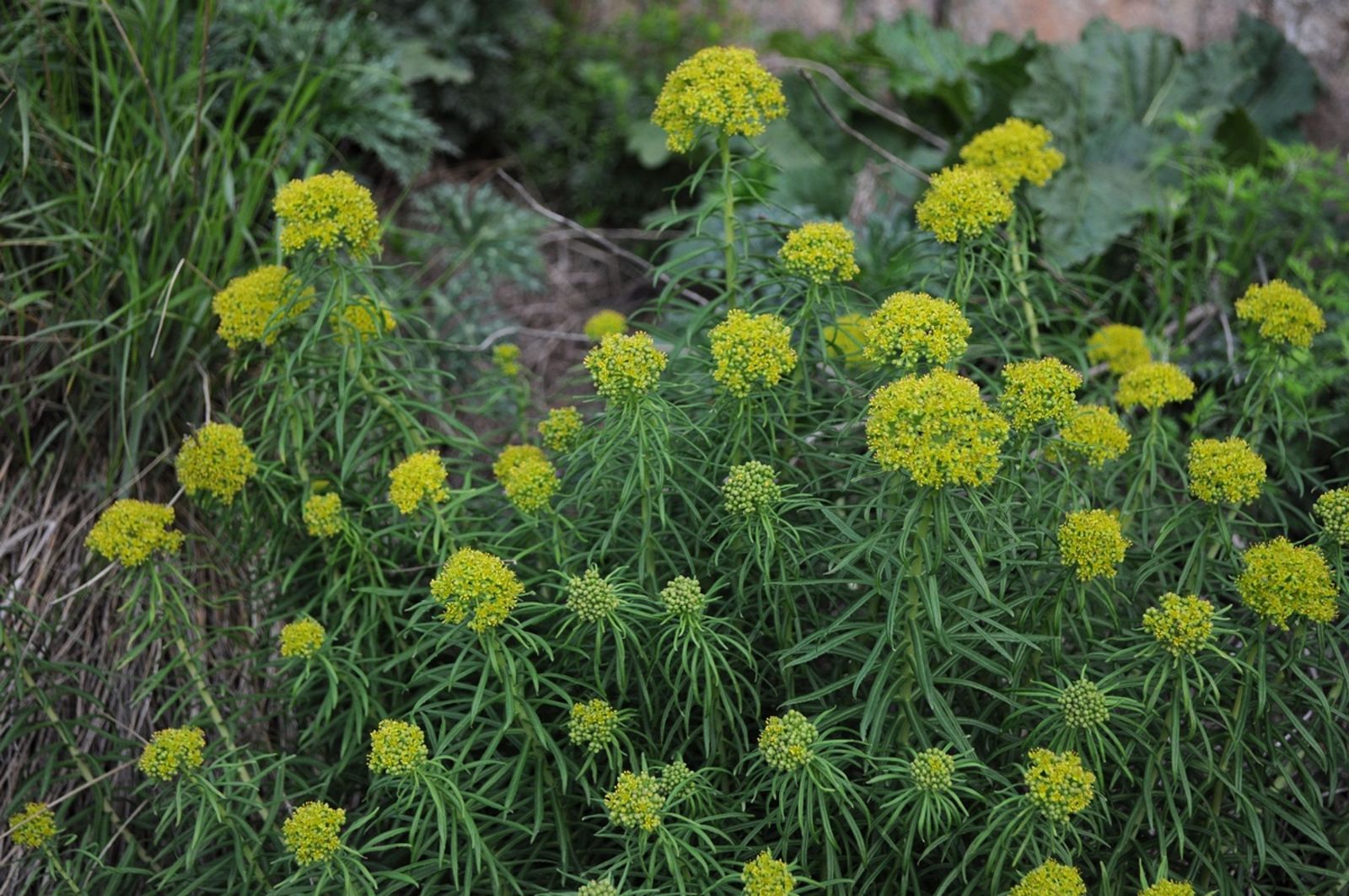
Rhodiola rosea is a medicinal herb with a long history for reducing exhaustion, fatigue, and stress. The plant is primarily grown in China, where the roots are used as an adaptogen to strengthen the body’s distress reactions.[8] Rhodiola is recommended for stress-related fatigue because it helps cells create energy storage and boosts overall energy metabolism in the body.[9] In an older study, from 2000, researchers tested the effects of Rhodiola extract on 56 healthy physicians working night shifts. For two weeks, half of the group took 170 mg of Rhodiola daily and the other half received a placebo. By the end of the study, those who took the Rhodiola extract had significantly reduced levels of stress-related fatigue.[10] A 2016 study took a more in-depth look at the mechanisms behind Rhodiola’s stress-reducing abilities. In this study, stressed mice who ate Rhodiola had a decreased level of corticotropin-releasing hormone. This hormone is a chemical that triggers stress responses in the brain and body—meaning Rhodiola may be able to regulate the physiological effects of stress.[11] You can find Rhodiola as a capsule, tablet, tincture, or tea. However, some studies have found that Rhodiola supplements can contain large amounts of substitutions and fillers.[12] [13] So, if you plan on buying a Rhodiola product, make sure that the brand you choose uses a third-party verification company—this way, you can be confident you’re actually taking the right herb. Dosages for Rhodiola depends on the issue you are seeking to treat. Consult your physician or a certified herbalist for more information on appropriate dosing and duration.
Can tulsi help with stress-related mood problems?

Tulsi, Ocimum sanctum, is an Indian herb commonly used in Ayurvedic and Siddha medicine. You may know it as holy basil, named for its multiple therapeutic properties. Research indicates that tulsi has antimicrobial, anti-inflammatory, cardioprotective, and immunomodulatory properties. It’s also a beneficial adaptogen.[14] Several studies have explored tulsi’s ability to influence physical, chemical, metabolic, and psychological stress. Researchers have observed tulsi helping the body cope with stress from pollutants, physical exhaustion, exposure to cold, excessive noise, and psychological issues.[15] And in one study, 50 mg/kg of tulsi in mice produced both antianxiety and antidepressant effects.[16] Another study examined the relationship between tulsi supplementation and symptoms of general stress. In a double-blind placebo-controlled experiment, half of the subjects received 1200 mg daily of a tulsi extract. After six weeks, the tulsi subjects reported a significant decrease in stress symptoms, including forgetfulness, sexual issues, exhaustion, and sleep problems. Overall, the subjects that consumed tulsi experienced a reduction of stress symptoms that was 39% greater than the placebo group.[17] You can find tulsi as a supplement in the form of a tablet, capsule, tea, or tincture. Many supplements come with recommended dosages and durations for consuming the herb. Remember to consult with your herbalist or health care practitioner.
What can I do to support my body’s stress response?
Herbs are a wonderful and natural way to support your body during these stressful times. Ashwagandha can help with anxiety, Rhodiola can support your energy, and tulsi can promote emotional wellbeing. Additional herbal adaptogens include ginseng, five-flavor berry (Schisandra chinensis), cordyceps fungi, reishi mushrooms (Ganoderma lucidum), and Shilajit.[18] [19] [20] [21] [22] Other things that may decrease your stress include meditation, exercise, healthy eating, creative expression, gratitude journaling, talking with friends and family, spending time in nature, sex, laughing, or spending time with animals. Whatever it is that makes you happy, or calm, let yourself have more of it. Finding moments that feel right can go a long way towards navigating a time in our lives that may feel wrong.
Amie Durenberger is a professional naturalist and science journalist located in Minneapolis, Minnesota. Since 2013, she has worked as an environmental educator, teaching children and adults about biodiversity, conservation, and edible & medicinal plant uses. Her favorite herbal preparations include fresh nettle tea, homemade plantain salve, and wild sumac lemonade. [1] https://www.ncbi.nlm.nih.gov/pmc/articles/PMC6240259/ [2] https://www.tandfonline.com/doi/full/10.1080/13651501.2017.1417442 [3] https://www.ncbi.nlm.nih.gov/pmc/articles/PMC5579396/ [4] https://www.ncbi.nlm.nih.gov/pmc/articles/PMC3155223/ [5] https://www.ncbi.nlm.nih.gov/pmc/articles/PMC3252722/ [6] https://www.ncbi.nlm.nih.gov/pubmed/31517876 [7] https://www.ncbi.nlm.nih.gov/pmc/articles/PMC3573577/ [8] https://www.ncbi.nlm.nih.gov/pmc/articles/PMC6345333/ [9] https://www.tandfonline.com/doi/full/10.1080/13651501.2017.1417442 [10] http://www.medref.se/rosenrot/darbinyan.pdf [11] https://www.ncbi.nlm.nih.gov/pubmed/26889268 [12] https://www.ncbi.nlm.nih.gov/pubmed/29154110 [13] https://www.ncbi.nlm.nih.gov/pubmed/26626192 [14] https://www.ncbi.nlm.nih.gov/pmc/articles/PMC5376420/ [15] https://www.ncbi.nlm.nih.gov/pmc/articles/PMC4296439/ [16] https://www.ncbi.nlm.nih.gov/pubmed/21281248 [17] https://www.hindawi.com/journals/ecam/2012/894509/ [18] https://www.ncbi.nlm.nih.gov/pmc/articles/PMC5628357/ [19] https://www.ncbi.nlm.nih.gov/pmc/articles/PMC6412213/ [20] https://www.ncbi.nlm.nih.gov/books/NBK92758/ [21] https://www.ncbi.nlm.nih.gov/pmc/articles/PMC3879659/ [22] https://pubmed.ncbi.nlm.nih.gov/22771318/

